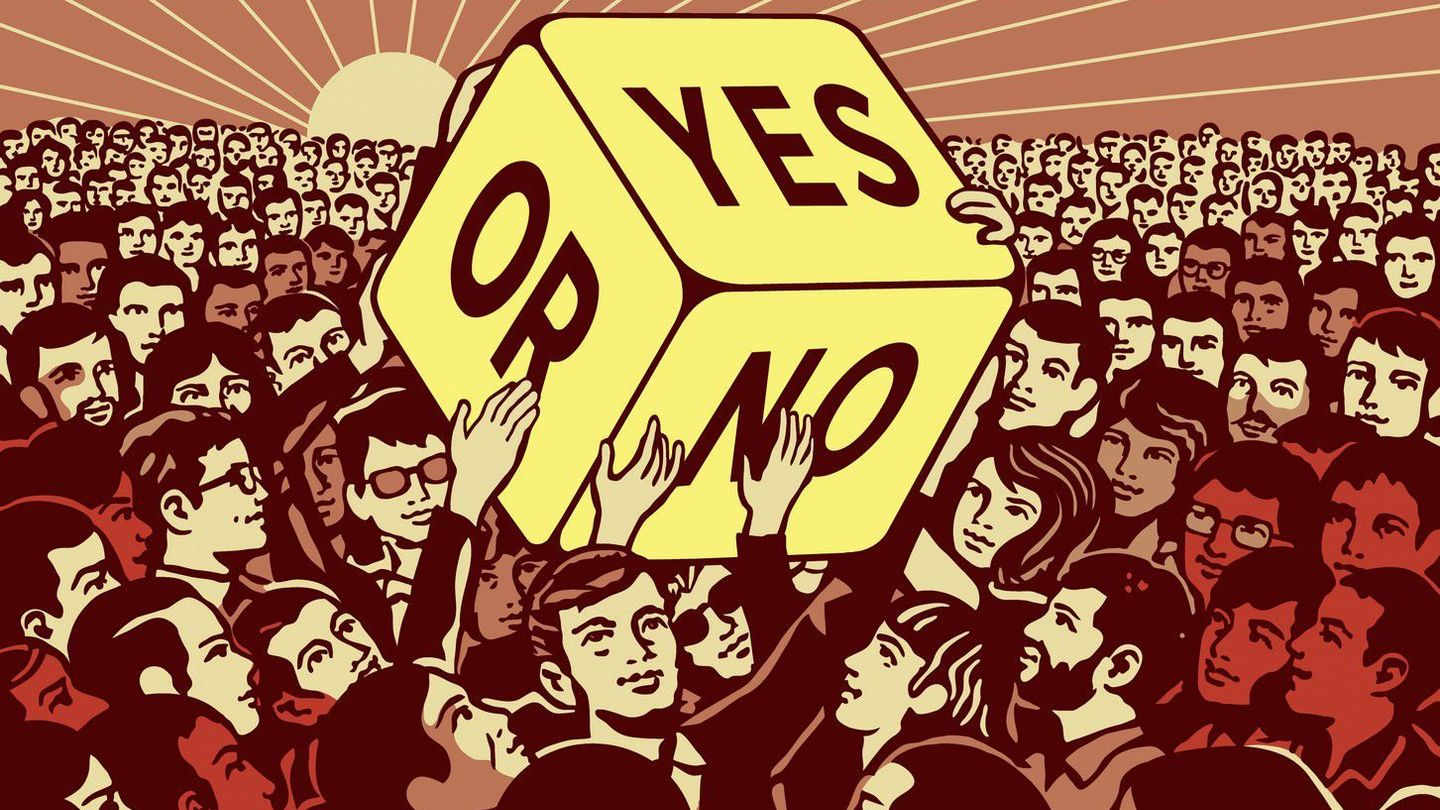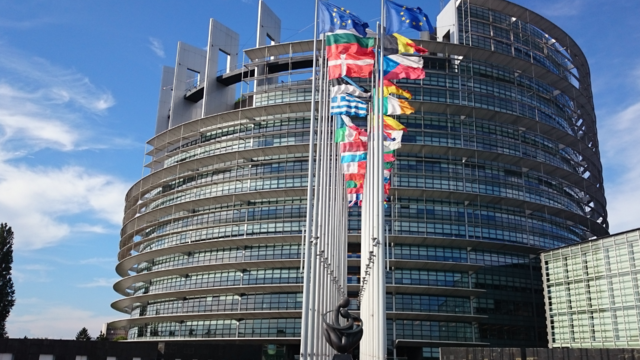Who is Afraid of the D-word?

paper
After decades of discussions, the EU offered very little to mitigate its democratic deficit. Now, faced with three imminent crises (the debt crisis, the euro crisis, the banking crisis), the “EU leaders” do not seem to bother with the questions of the democratic accountability and legitimacy of the EU’s / eurozone’s “economic governance”. This paper tries to revisit the democratic deficit debate. Some of the contributors to the debate conceptualized the democratic deficit as an imbalance between executive and legislature. But the conceptualization of the democratic deficit applied in this paper is different. In my conceptualization, I follow an iconic phrase uttered by Abraham Lincoln: “Democracy is the government of the people, by the people, for the people”. On a more abstract level, a system of government is legitimate if those who are governed (government of) correspond to those who govern (government by). A democratic deficit occurs if a people are governed (government of the people), but they themselves do not govern. Pdf download (309 kB, ENG)
This paper tries to revisit the democratic deficit debate. Some of the contributors to the debate conceptualized the democratic deficit as an imbalance between executive and legislature. But the conceptualization of the democratic deficit applied in this paper is different. In my conceptualization, I follow an iconic phrase uttered by Abraham Lincoln: “Democracy is the government of the people, by the people, for the people”. On a more abstract level, a system of government is legitimate if those who are governed (government of) correspond to those who govern (government by). A democratic deficit occurs if a people are governed (government of the people), but they themselves do not govern.








